Open Page
Open Page with Ryan O'Neill
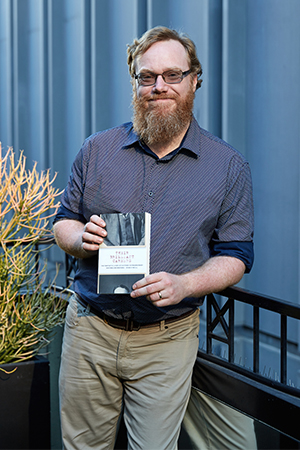 Ryan O'Neill (photograph by Peter Marko)Why do you write?
Ryan O'Neill (photograph by Peter Marko)Why do you write?
I write because at the moment no one else is writing the kinds of books I want to read, and so I have to write them. Of course, by the time I have written them I never want to look at them again.
Are you a vivid dreamer?
Last night I dreamt I went to Manderley again. But this is the exception. Most often I don’t remember my dreams, and when I do they are nothing like the symbolic and character-defining visions experienced by characters in novels, but simply disjointed nonsense.
Where are you happiest?
Continue reading for only $10 per month. Subscribe and gain full access to Australian Book Review. Already a subscriber? Sign in. If you need assistance, feel free to contact us.


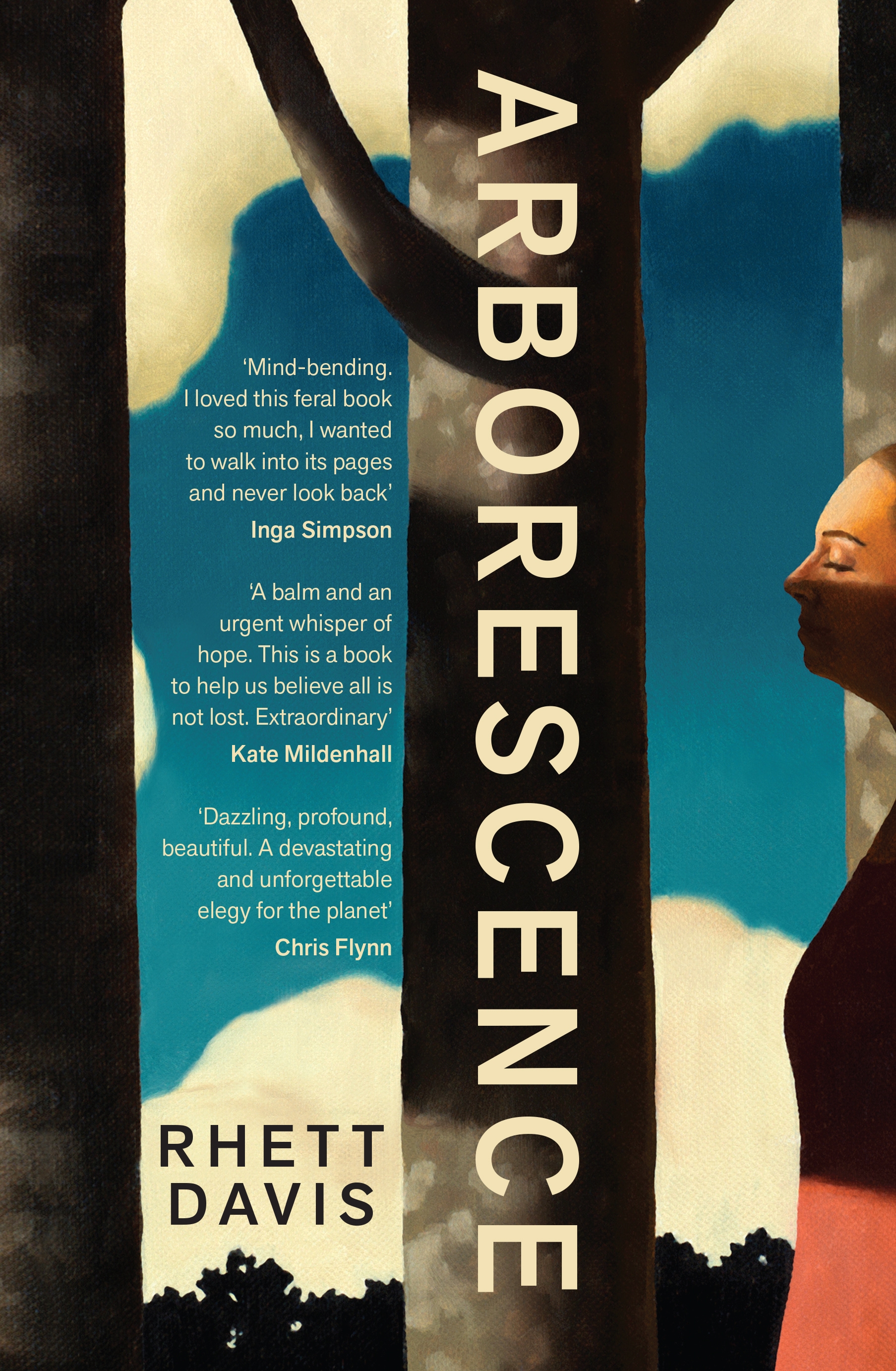

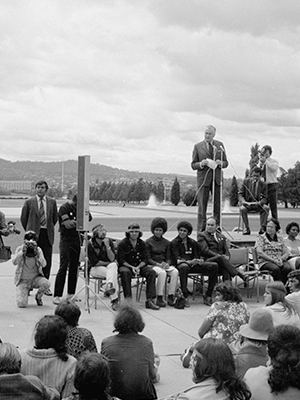
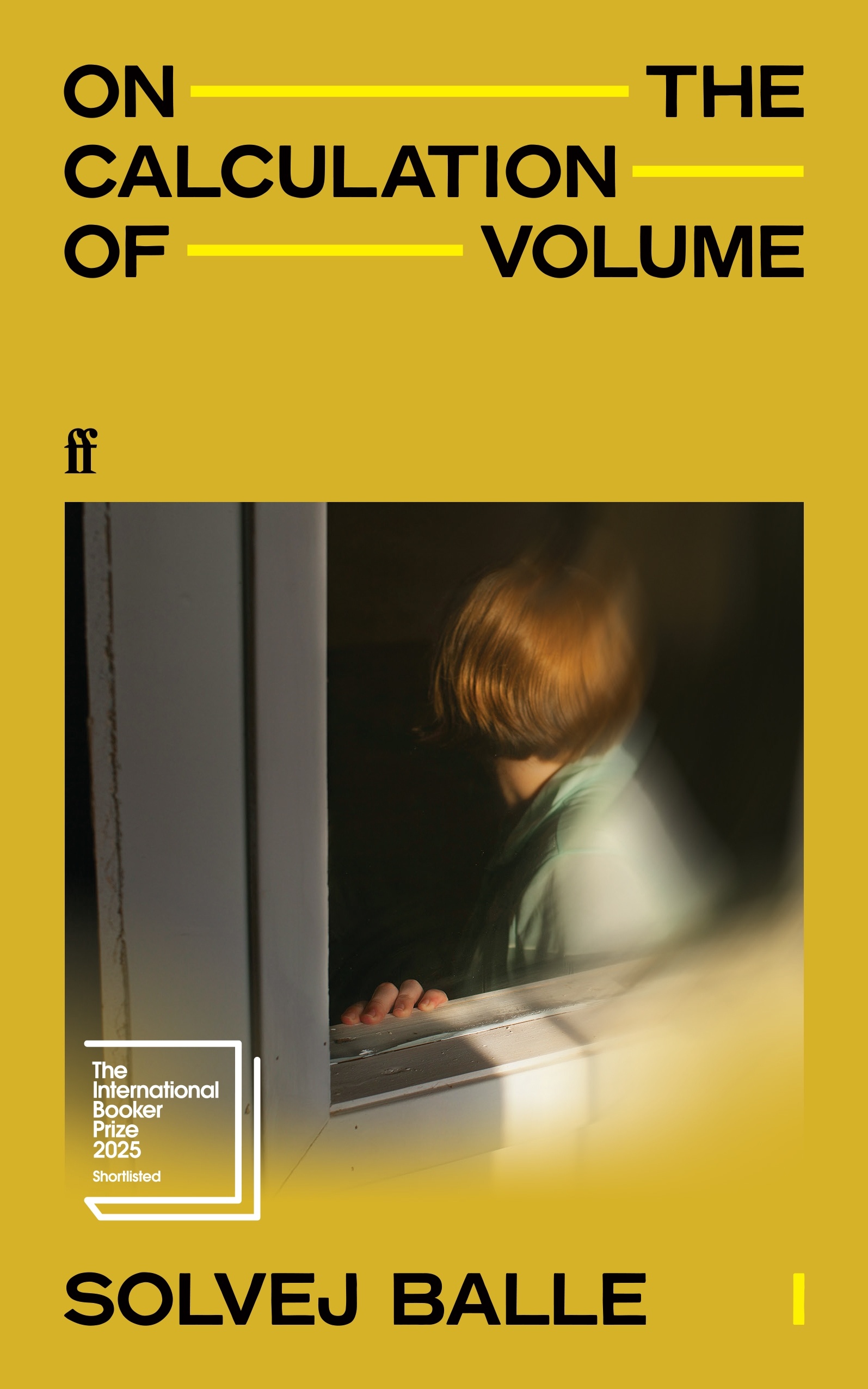

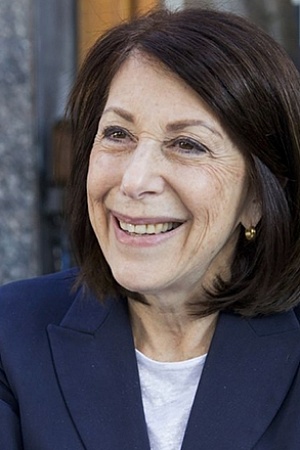


Leave a comment
If you are an ABR subscriber, you will need to sign in to post a comment.
If you have forgotten your sign in details, or if you receive an error message when trying to submit your comment, please email your comment (and the name of the article to which it relates) to ABR Comments. We will review your comment and, subject to approval, we will post it under your name.
Please note that all comments must be approved by ABR and comply with our Terms & Conditions.